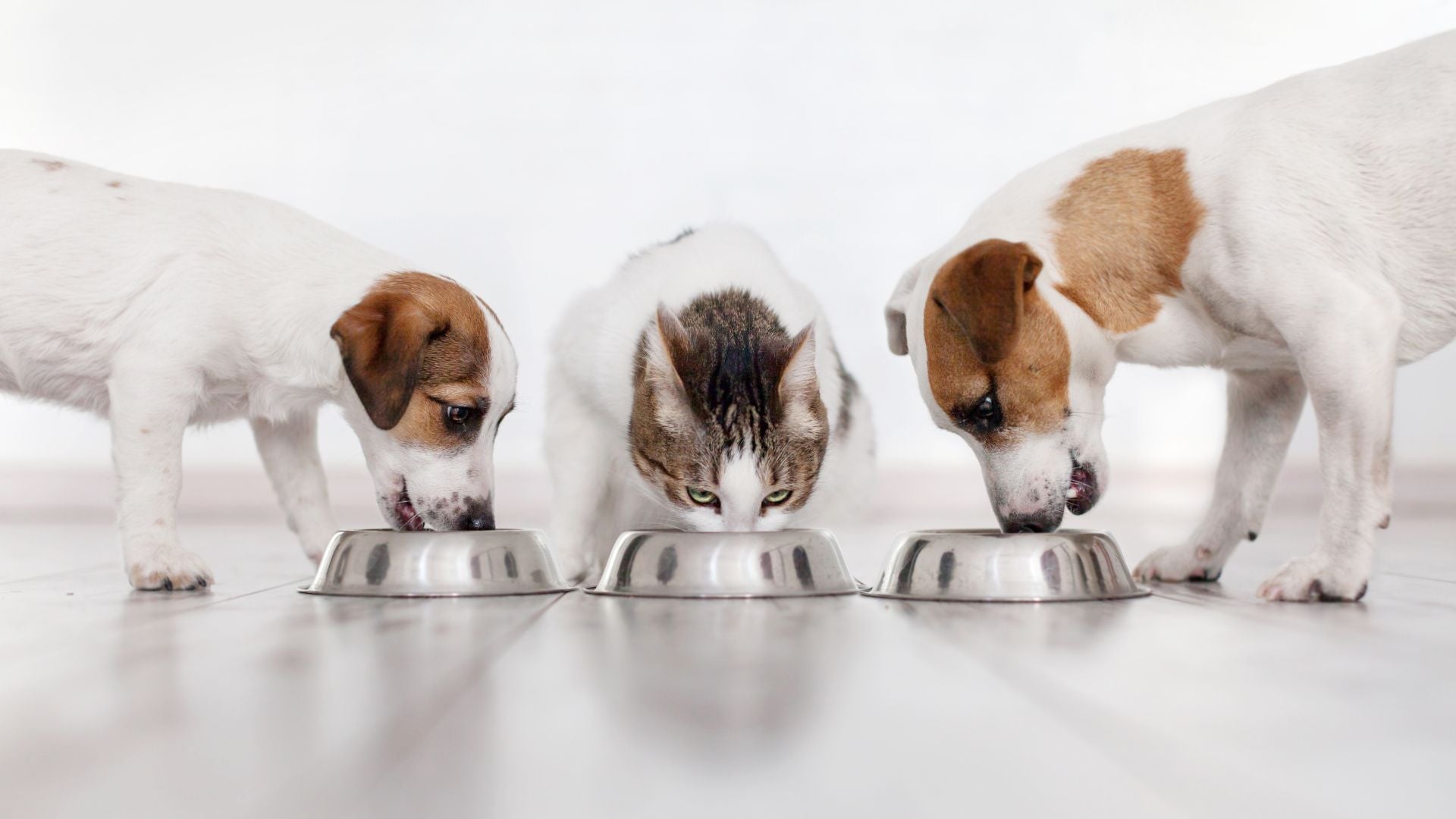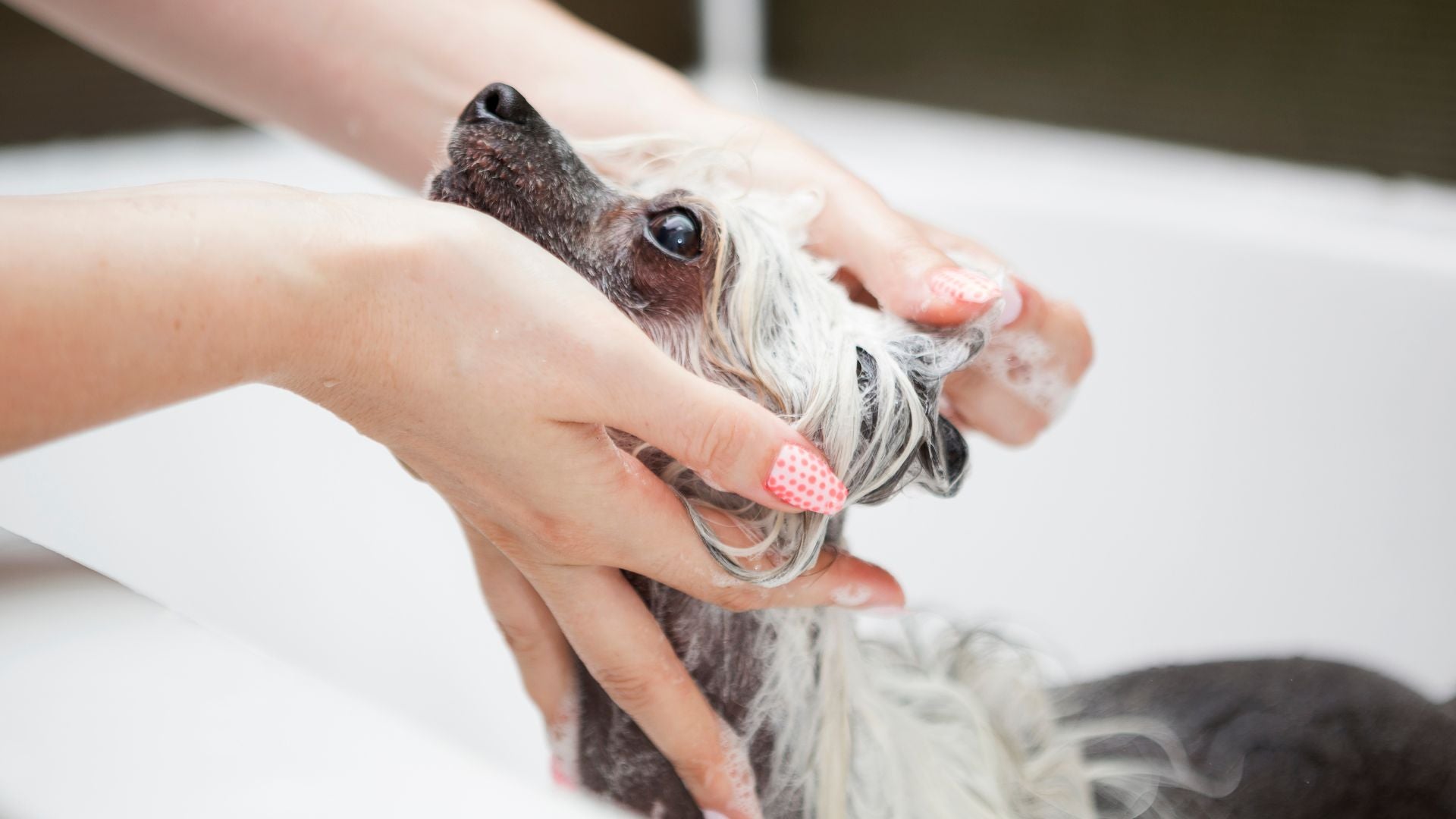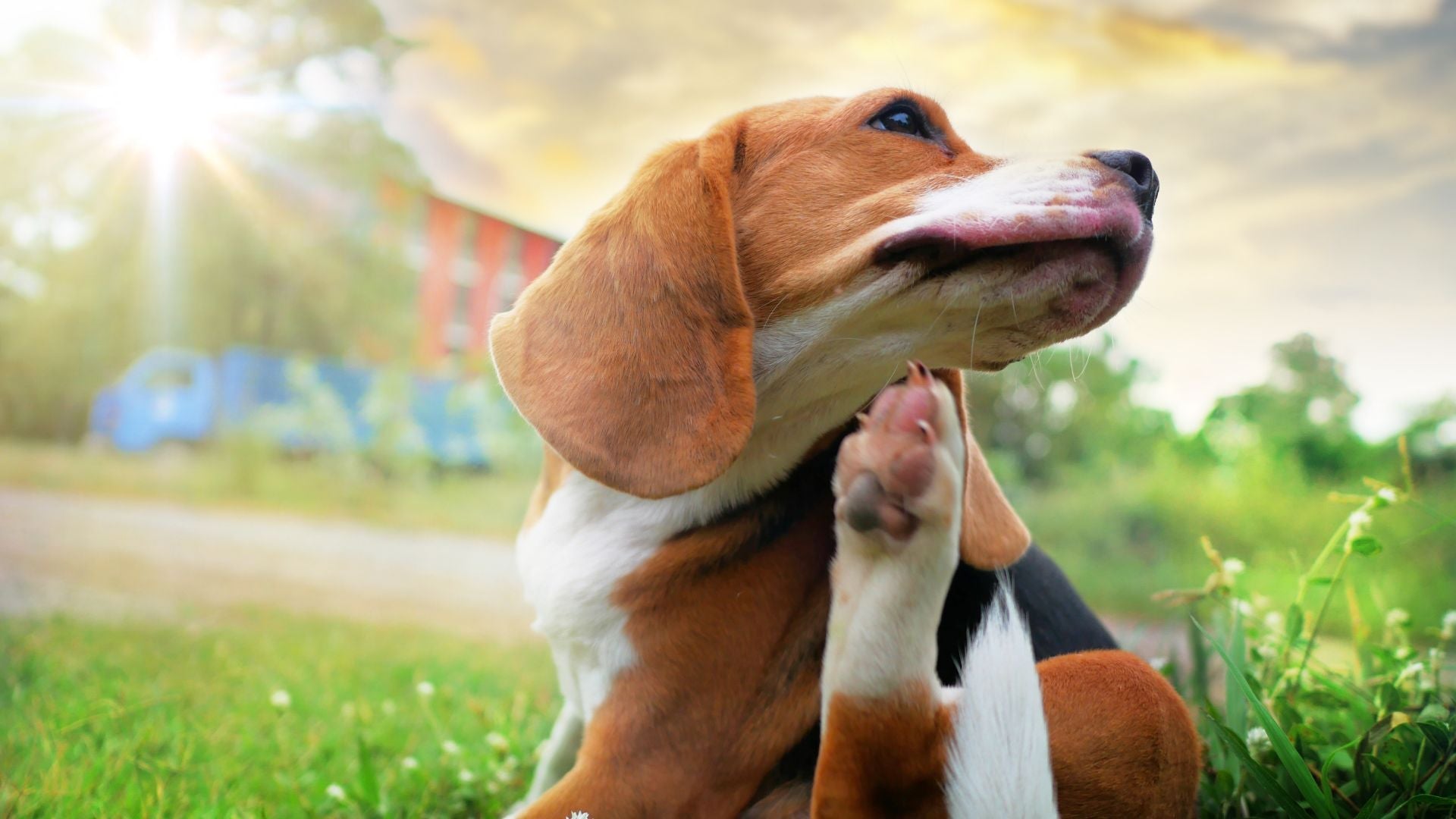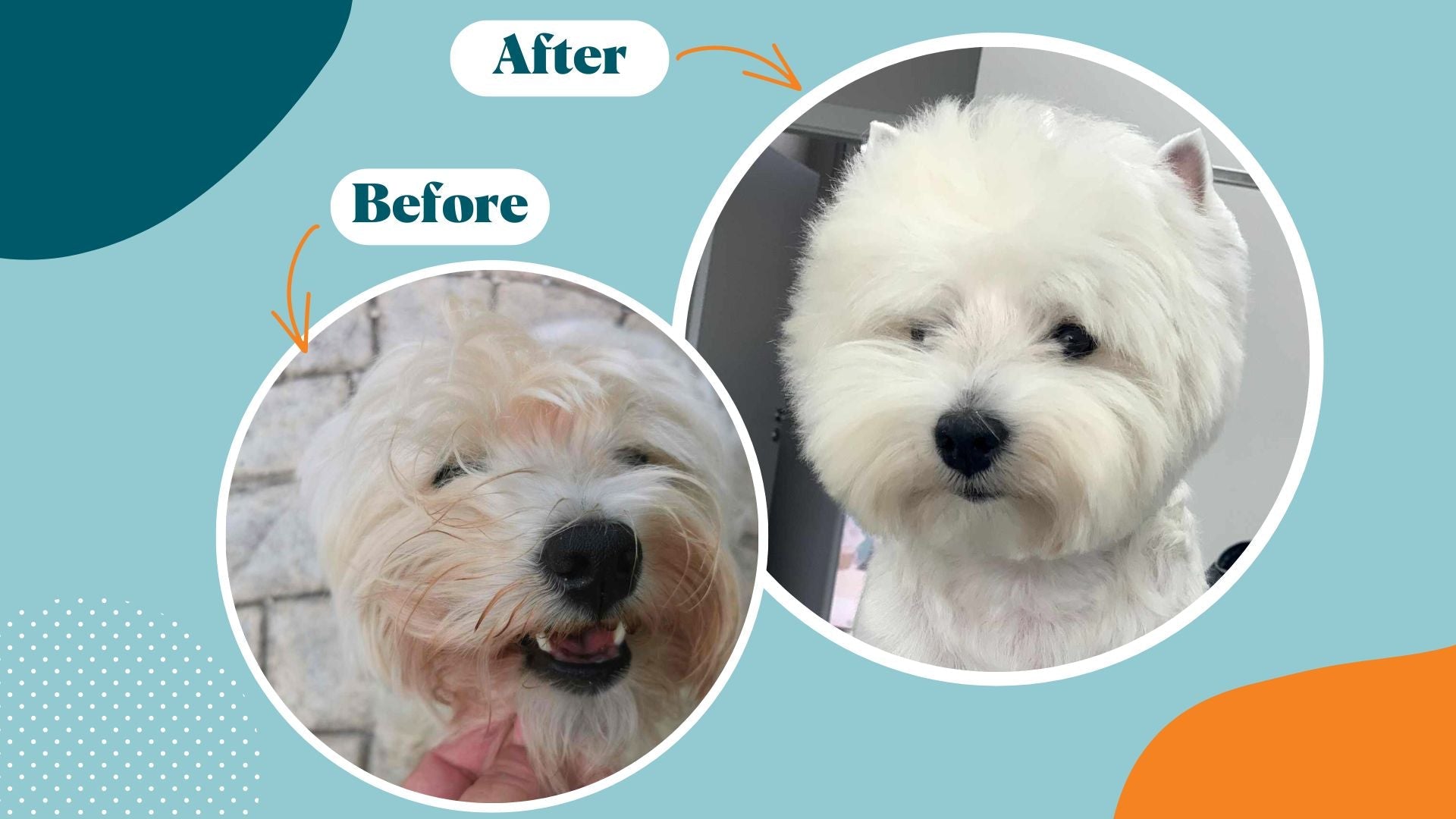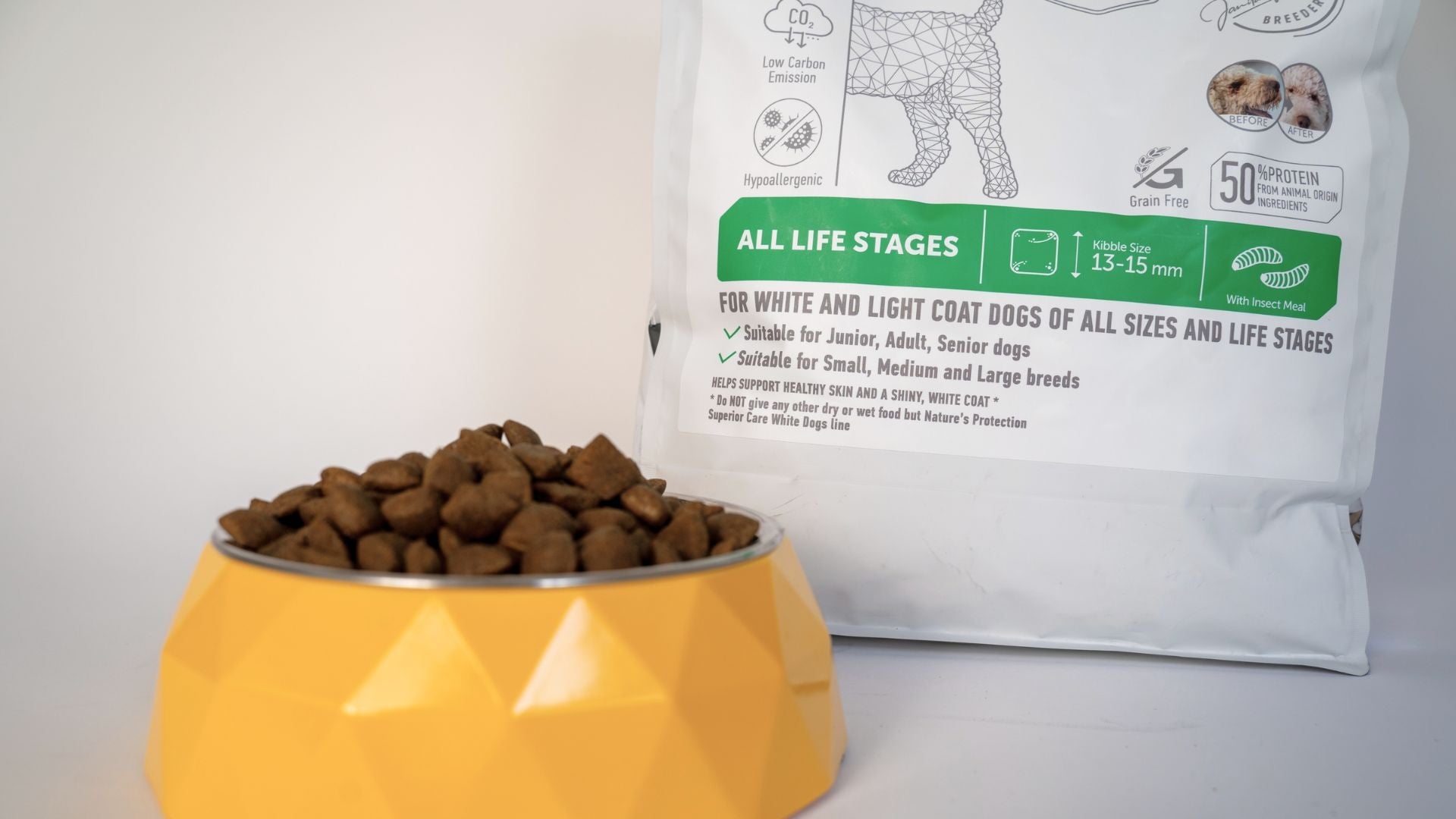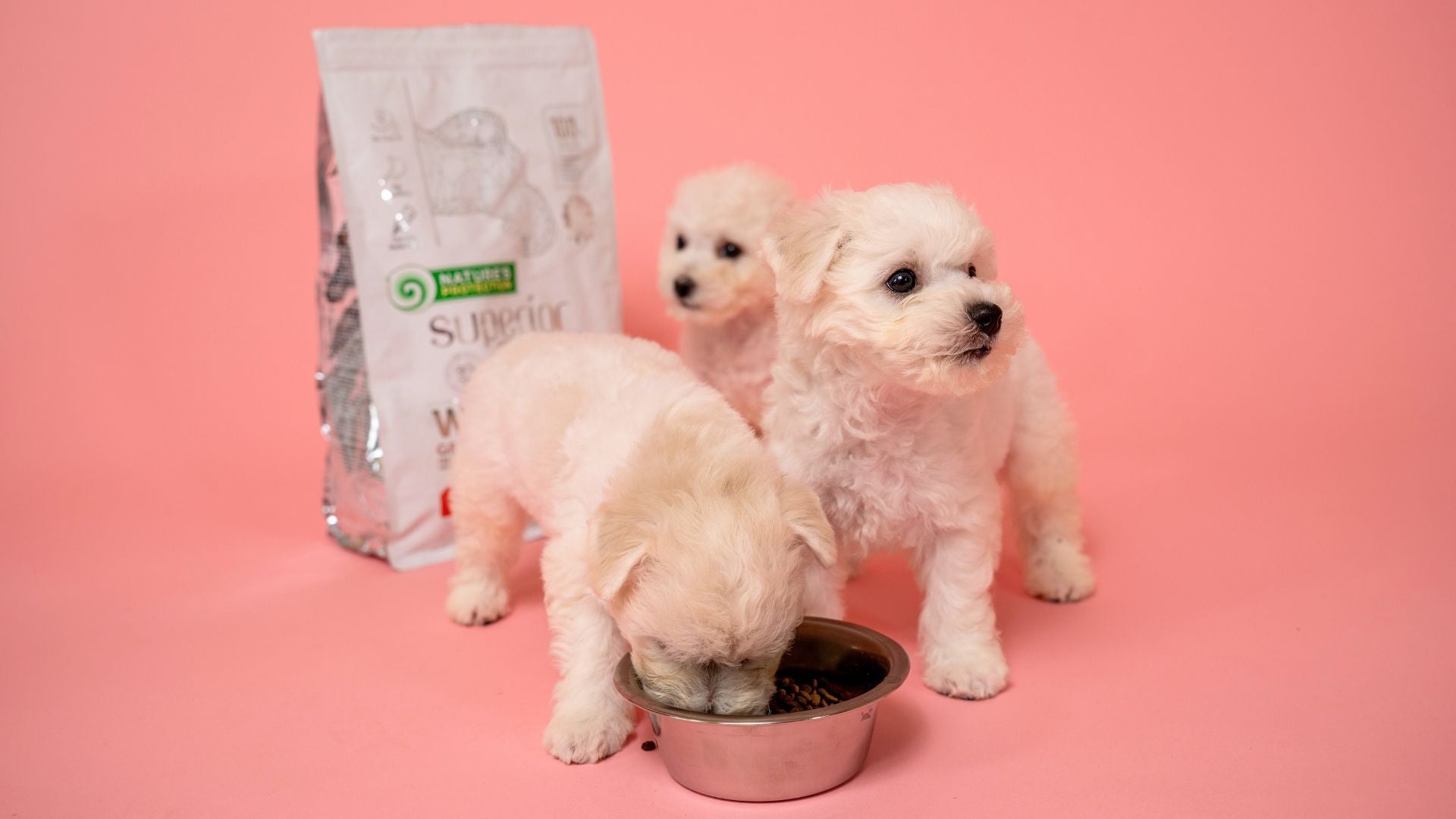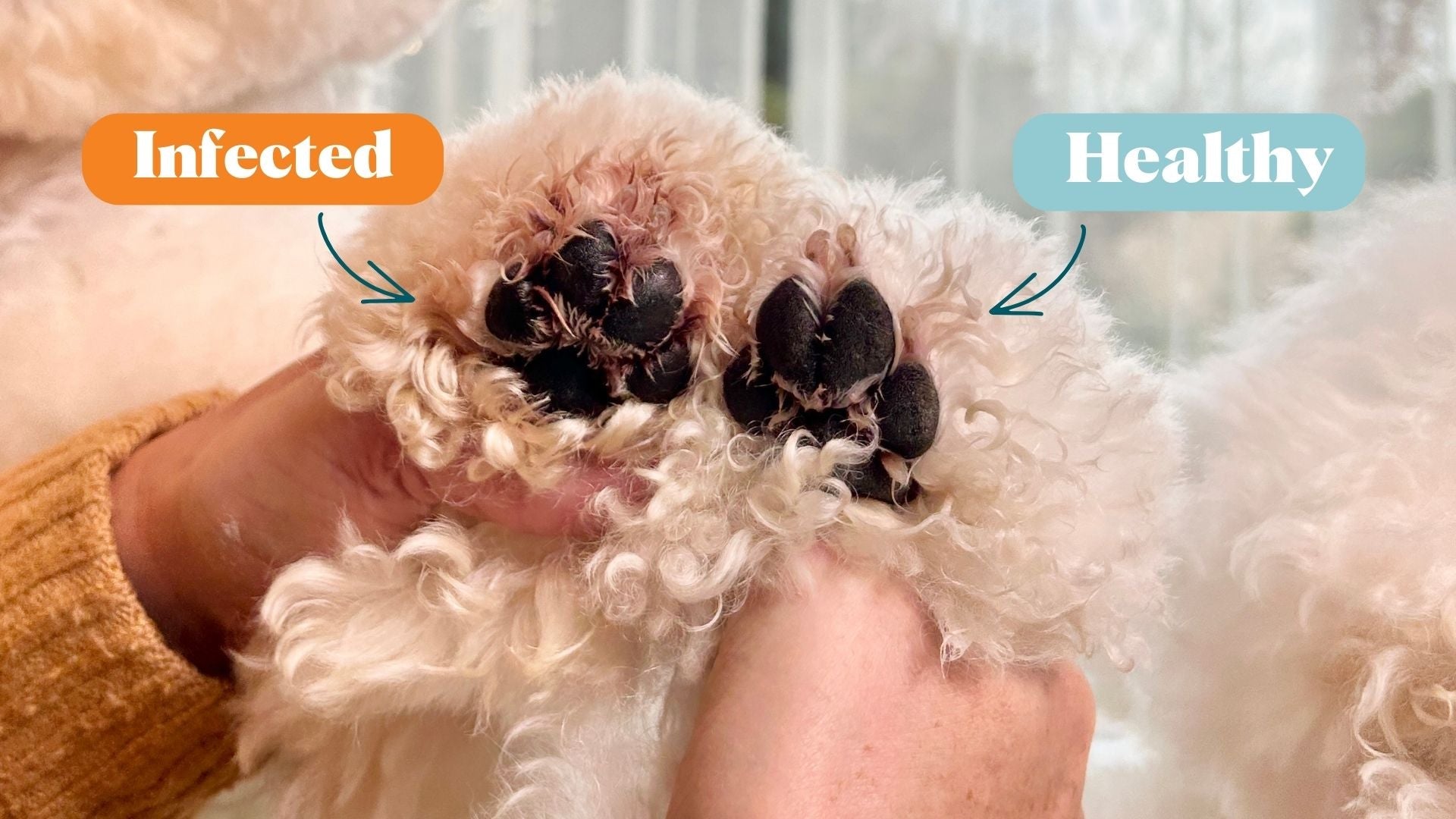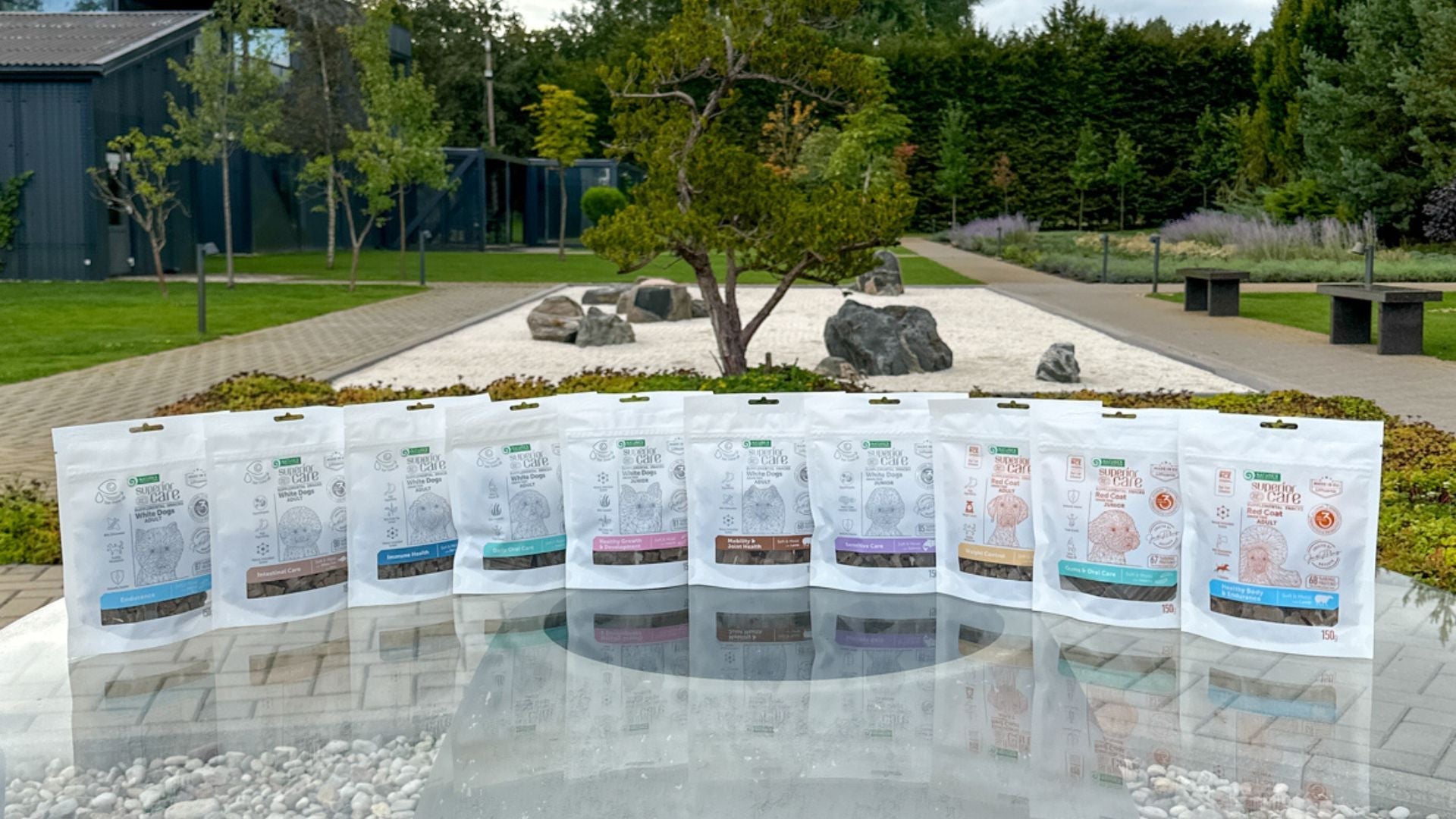As a passionate dog breeder and creator of premium dog food, I've spent years researching and understanding the complexity of what goes into keeping our furry friends healthy and happy. Today, we're tackling a topic that's often surrounded by confusion: the debate between grain and grain-free diets.
When it comes to choosing the right diet for your pet, understanding the nuances between grain and grain-free options is essential. While grains like corn, wheat, and rice have long been staple ingredients in pet food, grain-free alternatives have gained popularity in recent years. But what sets them apart?
Grain-Inclusive Diets: Benefits and Considerations
Grain-inclusive diets have been a staple in pet nutrition for decades, offering a variety of benefits for our furry friends. Here, we'll explore some of the advantages and considerations of including grains in your pet's diet.
Benefits
- Nutritional Balance: Grains such as rice, wheat, and oats are rich sources of carbohydrates, providing essential energy for your pet's daily activities. They complement the protein and fat content in pet food, contributing to a well-balanced diet.
- Cost-Effectiveness: Grains are often more affordable than alternative carbohydrate sources, making grain-inclusive pet foods a cost-effective option for pet owners without compromising on nutritional quality.
- Palatability: Many pets enjoy the taste and texture of grain-inclusive diets, making mealtime more enjoyable and encouraging consistent eating habits.
Disadvantages
- Allergies and Sensitivities: Many pets develop sensitivities to certain grains, particularly wheat or corn. In such cases, allergy symptoms like brown tear stains, diarrhea, or itching may appear.
- Digestibility: Not all grains are created equal in terms of digestibility. Some pets may have difficulty digesting certain grains, leading to gastrointestinal issues such as bloating, gas, or diarrhea. It's essential to monitor your pet's response to different grain sources and adjust their diet accordingly.
- Caloric Density: Grains tend to be more calorie-dense than other carbohydrate sources, which can be a concern for pets prone to obesity or weight management issues.
- Quality Matters: The quality of grains used in pet food can vary significantly between brands. Choose brands that prioritize high-quality grains, like white rice, over cheap fillers or by-products to ensure optimal nutrition for your pet.
Grain-Free Diets: Advantages and Considerations
In recent years, grain-free diets have gained popularity among pet owners seeking alternative nutrition options for their beloved companions. Let's delve into the advantages and considerations of opting for a grain-free diet for your pet, and why it might just be the superior choice.
Advantages
- Allergen Reduction: One of the primary benefits of a grain-free diet is its potential to reduce allergens that could trigger sensitivities or intolerances in some pets. By eliminating grains such as wheat, corn, and soy, which are common allergens for dogs, grain-free diets offer a hypoallergenic alternative that can alleviate symptoms like itching, gastrointestinal upset, brown tear stains, and skin irritation. Grain-free diets are especially important for white-coated dogs because usually they are more sensitive and reveal allergy symptoms quicker. That’s why my recommendation is to choose specially formulated white dog food from Nature’s Protection.
- High-Quality Protein Sources: Grain-free diets often prioritize high-quality protein sources such as meat, poultry, and fish as the primary ingredients. These animal-based proteins are rich in essential amino acids, promoting muscle development, tissue repair, and overall vitality in pets.
- Lower Carbohydrate Content: Without grains as a primary source of carbohydrates, grain-free diets typically have a lower carbohydrate content overall. This can be beneficial for pets with specific dietary requirements, such as those with diabetes or insulin resistance, as it helps to regulate blood sugar levels and maintain a healthy weight.
- Improved Digestibility: For pets with sensitivities to grains or digestive issues, a grain-free diet may offer improved digestibility and nutrient absorption. By focusing on easily digestible ingredients such as sweet potatoes and white fish, grain-free formulas can support optimal gastrointestinal health and reduce the risk of digestive upset.
Considerations
- Heart Health: One of the main considerations associated with grain-free diets is the potential risk of taurine deficiency, which has been linked to heart issues, like DCM, in some breeds of dogs. However, it's essential to debunk this myth. It’s all about the composition of the food and the inclusion of alternative taurine sources such as krill, seaweed, and salmon, which can compensate for the absence of grains and ensure heart health in pets. That’s why Nature’s Protection grain-free food is a safe and healthy option.
- Cost: Grain-free diets often come with a higher price tag compared to grain-inclusive options, primarily due to the use of premium ingredients such as animal proteins and alternative carbohydrate sources.
While grain-free diets offer strong advantages, including allergen reduction, high-quality protein sources, and lower carbohydrate content, it's essential to weigh these benefits against the considerations and ensure that the chosen diet meets your pet's specific needs and preferences. Let’s compare these two options.
|
Aspect |
Grain-Inclusive Diet |
Grain-Free Diet |
|
Main Ingredients |
Grains (wheat, corn, rice) |
Animal proteins, alternative carbs (sweet potatoes, peas) |
|
Allergen Potential |
High |
Low |
|
Carbohydrates |
High |
Low |
|
Cost |
Lower |
Higher |
|
Nutritional Balance |
Complete, grains as source |
Complete |
|
Digestibility |
May cause digestion issues |
Gentle on digestive system |
Summary
Choosing the right diet for your pet involves careful consideration of various factors such as their nutritional needs, dietary sensitivities, and overall health. Grain-inclusive diets offer a traditional approach with familiar ingredients like wheat, corn, and rice, providing a cost-effective option with adequate nutrition. On the other hand, grain-free diets offer alternatives that may better suit pets with specific sensitivities or those who thrive on a lower carbohydrate intake. However, it's essential to debunk myths surrounding grain-free diets and understand that both options can provide balanced nutrition when formulated correctly. Ultimately, consulting with a veterinarian and considering your pet's individual needs will help you make the best choice for their well-being.

